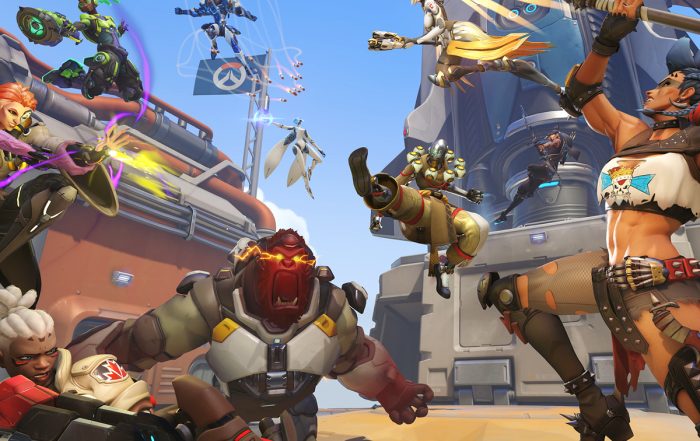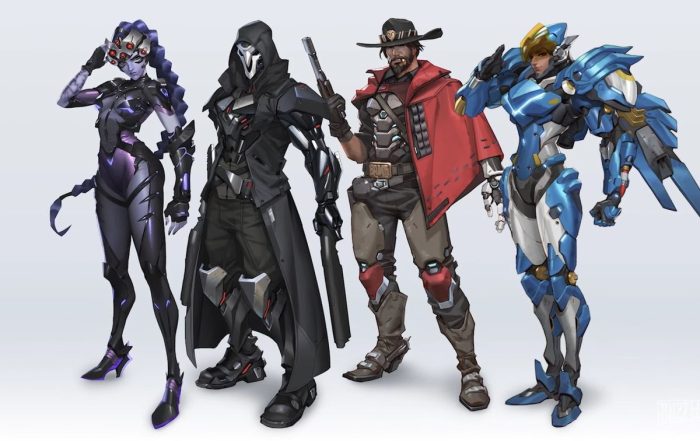How To Ace Your Next Job Interview
Interviews for jobs can be tense. Sitting down with a hiring manager in person or online and having to answer questions in real time is very different from being able to spend hours on the perfect resume or cover letter. Many people find it hard to be as confident and clear in their spoken answers as they are in their written ones. This can make it hard to impress a hiring company at one of the most critical points in the hiring process – the interview.
In interviews there is no time to consider and polish your answers and remarks. After spending time crafting a resume, cover letter and portfolio (work samples), you’ll have to soon sit across from a someone, in person or online, and answer interview questions, ask questions of your own, and basically present yourself as a qualified professional. This can be challenging and often a stressful situation giving many people a fair bit of anxiety, largely because they do not know what to expect or how to respond. We are here to help you prepare and ace your next job interview.
First Steps: If you fail to prepare, you’re prepared to fail.
To start with, the interview process begins before you even meet your first interviewer. It begins with research. Here are some things you should learn before the interview begins:
- Learn about the company, in particular recent news and products, especially if related to the job for which you are applying.
- Understand the job’s role, including daily responsibilities and show a general understanding of challenges that can arise, and how to deal with some of them.
- Find out who is conducting the interview(s). Who this person is in the company, what they do, what they have done. You can use LinkedIn.com to learn more about their background.
- Make sure you dress appropriately for the interview, based on the company’s dress code.
- Make sure to bring with you copies of your resume, cover letter and, if appropriate, your portfolio.
- Try to understand the company’s culture. Are the more formal or casual? This will influence what you wear, how you communicate and follow-up after your interview.
Some of this you should know already, since you should have already tailored your resume and cover letter and portfolio for this job. This just leaves learning about any recent events and finding out some professional information regarding whoever conducts the interview. For example, if you are getting interviewed by a lead artist, you should know about his work in the industry. If you’re interviewer is a former pro player, you should have a grasp on their career highlights or team successes.
You can gather most of this information from online news sites, and if you can access them, any company newsletters or social posts. Looking at social media sources — such as LinkedIn and twitter company pages, Discord and so on — can provide a wealth of professional information. Sometimes you might have the opportunity to talk to someone who works in that company, or who works with that person.
Remember What You Said
Interviews can take place sometimes weeks or even months after you send in your resume. Prior to the interview, the interviewer will have recently read and prepared for your interview. You must do likewise, going over your resume and cover letter, looking at the portfolio you shared with them before showing up. Revisit the job requirements, making sure you are ready to prove you are the right person for the job. Interviewers will often ask questions designed to look for any weaknesses you might have. By having a clear understanding of the job requirements and your own strengths related to them, you can avoid those types of conversations, keeping things focused on your strengths and how you meet all the requirements.
Preparation done, let’s look at the interview itself.

The Setting: Face-to-face or virtual
There are two different environments you may encounter. Traditionally; a candidate goes to the company and is interviewed there. More and more, however, interviews are conducted online. Either way, there are things you must do in preparation.
Preparing for an in-person interview is easier. Turn off your phone and make sure any other devices are muted or off. Phone and other devices making noise or buzzing with calls or notifications is distracting, rude and unprofessional. An online interview has the same rule for phones and devices, but there is a bit more to do – especially shut off those pesky pop-up notifications, they can become very embarrassing if friends are DMing you during an interview.
When doing an interview from your home, select a quiet and clean part of your house. Make sure others who live with you understand what is happening so they can keep quiet and not distract or interrupt you. Also, make sure no one in the house is downloading or uploading large amounts of data that could cause internet lag and interrupt the interview. Of course, make sure all your computer notifications are turned off, along with your phone and other devices. You want to present a quiet, focused and professional atmosphere. This is doubly important if this is remote work, so an interviewer can see that you have a professional workspace in your home.
Interview Techniques – Making a great first impression
Once the interview begins, here’s a few tips to keep in mind.
- Try to appear confident and relaxed.
- Provide clear answers. You do not have to answer every question instantly, so take a few seconds to consider your answers.
- Have water with you. An on-site interview might have water for you but bring your own just in case. No one frowns upon preparation and forethought. If at home, make sure you have water.
- Interviews involve give and take. Ask for clarification if you need it and ask questions of the interviewer when you need to better understand something.
- Try to match the interviewer’s demeanor. If the interviewer is more formal, follow his example, if more casual, lighten up as the interview proceeds. You might think the company is more formal or more casual based on your research, but once In the interview, you must recognize the situation and adapt.
- Matching company culture during an interview is also essential. You can learn some of that during your research of the company, but you can gather more information during the interview and adjust your responses and language as needed.
- When speaking in an interview, speak a bit slower than normal, and speak clearly. Do not mumble! Speaking slower gives you more time to think about your answers and helps you appear more confident and controlled.
“Do you have any questions for us?”
Interviews usually conclude with, “Do you have any questions for me (us)? You should always answer “yes.” Asking questions of the interviewer gives you some control over how the interview ends. Interviewers expect to get questions. After all, you are also interviewing them, trying to get a feel for the place where you might work and the people with whom you might be working.
When preparing your questions before the interview, keep in mind a few objectives. Your questions should do the following:
- Uncover important things to you that have not been discussed already. This can include benefits, standard work hours, tools/equipment that will be provided.
- Demonstrate to the interviewer your interest in the company and the job.
- Create a rapport between the two of you, turning the interview into more of a conversation.
What you should never ask is any question that has already been answered, either in the interview or in the job description. Asking for clarification, on the other hand, is fine. This is partly why you should prepare more than one question. You never know will be covered in the interview, and some questions you have might get answered during that earlier process. If all your prepared questions were answered, that is not a problem. Things discussed during the interview can lead to more questions, so pay close attention.
Here are some example questions:
About the role:
- What skills will I use the most in this role?
- What’s the onboarding process like now given the remote working situation?
- What will my first week, month, and year look like?
- What departments will I work with the most?
- Do you have a standard performance review process?
About the interviewer’s perspective
- What do you love about working here?
- How has the work environment changed since you started with the company?
These are generic questions. Specific questions are always better, but these examples should provide a starting point.
Do not stop to rest once the interview concludes! There is more you should do to impress the hiring manager and keep you at the forefront of his mind.
Follow Up and Through
While your conversation with the interviewer is still fresh in your mind, make notes of the interview as soon as you can. Focus on anything that impressed the interviewer and any questions you struggled to answer. This forms the groundwork for your follow-up thank you letter and your next interview, where you can hammer on the things they liked and recover from missteps or difficult answers.
Once that is done, sit back and relax for a bit. You should have been given or asked about a timeline for the second interview. Once that is scheduled, go over everything once more, prepare to shore up your weaknesses from the first interview and hammer home the strengths.
We hope you found this helpful, and if you want to learn more about job interviews, our Esports Tower premium club members can ask their coach or attend our college & career workshops. Good luck!



Get Social